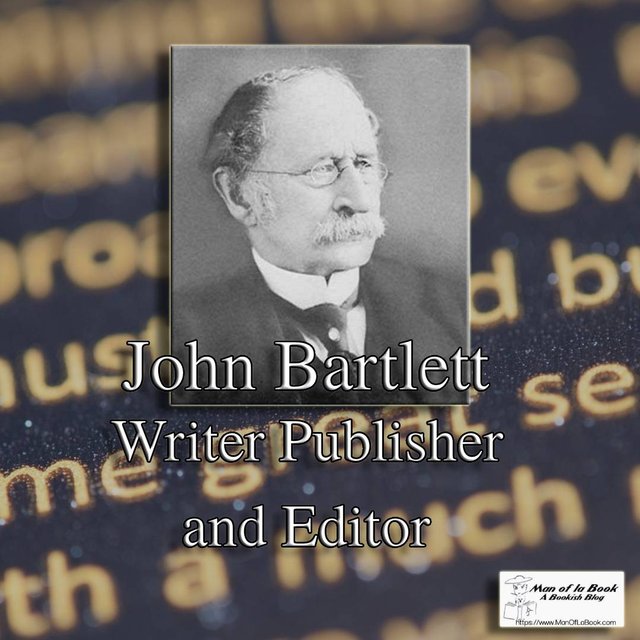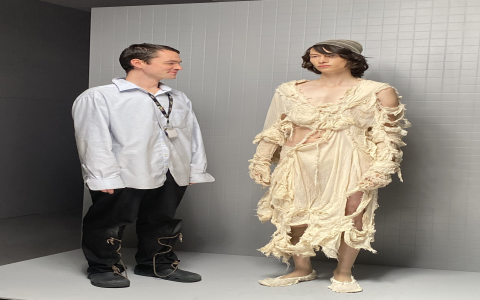So, I decided to really get my hands dirty with this John Bartlett fellow, or rather, his famous “Familiar Quotations.” You hear it mentioned all the time, right? Like it’s some kind of magic book for sounding smart. I figured, alright, let’s put this to a proper practical test. My own little practice run.

My first thought was, this’ll be easy. Need a good line for something? Flip it open, grab a quote, boom. Instant wisdom. Well, let me tell you, my actual experience was a bit different. It wasn’t quite the straightforward tool I imagined.
I got myself a copy. Not some new, shiny version, but a proper old one, the kind that smells like history and forgotten libraries. Felt more authentic for my “practice,” you know? I started leafing through it. And boy, it was dense. Page after page of names and short lines. It felt less like a quick-reference guide and more like an encyclopedia of who said what, ever.
My “practice” started with trying to actually use it for specific needs. Say I was writing an email and wanted a clever opening. I’d think of a theme, then try to find something in Bartlett’s. It was slow going. Not like typing keywords into a search bar. You really had to dig, or get lucky. Sometimes I’d find something, but often it felt a bit forced, like trying to hammer a square peg into a round hole. The context of those old quotes, it’s just different, you know?
Now, why did I even bother spending so much time wrestling with this book? It wasn’t just curiosity. There was this one time, a while back, I had to give a speech. It was for a retirement party for a colleague, a really good guy. And I was completely stuck. My mind was blank. I wanted to say something meaningful, something memorable, but all I could come up with was clichés. It was awful. I felt like a total fool. Someone, trying to be helpful, mentioned “Bartlett’s Quotations – full of great lines!” So, in a bit of desperation, I thought, okay, maybe this is the secret weapon I need. That’s what really kicked off my serious “practice” with it.
So, I spent a good few weeks with that book, not just for that speech, but I really tried to get into it. I’d just read sections at random, trying to see what popped out. My goal was to see if it could genuinely improve how I put words together in tough spots.

And what did I find out from all this practice? Well, it’s not a magic wand. It’s not going to instantly make you a brilliant orator or writer. Many quotes are just… old. Or too specific to their original time. Using them without care can make you sound a bit pretentious, or worse, like you don’t know what you’re talking about.
But, and here’s the thing, it wasn’t a total waste of time. My big takeaway from this whole John Bartlett experiment was that there are no shortcuts to finding the right words. It’s hard work. It takes thought. But Bartlett’s, in its own way, kind of underlined that. It showed me the sheer volume of things people have said, the effort that went into crafting those memorable lines. And every now and then, while just browsing, I’d stumble across a phrase that genuinely made me think, or see something in a new light. Not because I was looking for it, but just by chance. It also, strangely enough, made me appreciate simpler language more, my own words.
So yeah, my practical journey with John Bartlett’s book. It was a grind sometimes, and definitely not the quick fix I initially thought. But it was a practice that, in its own roundabout way, taught me a few things about words and effort. Still got that old copy on my shelf. Don’t use it much for quick quotes, but sometimes, I just flip through it. You never know.




